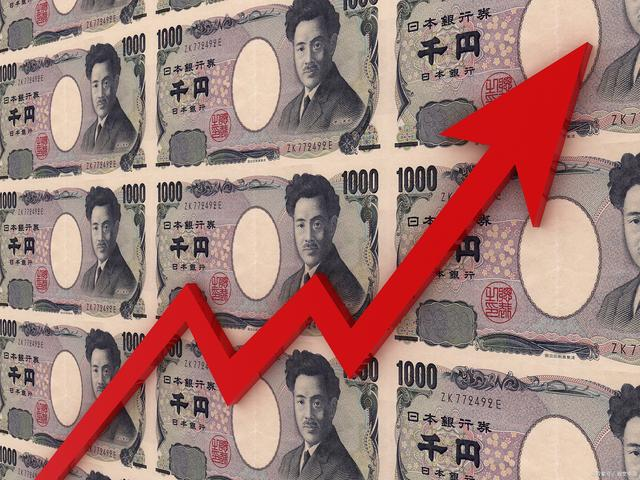
Recently, the Bank of Japan suddenly announced to adjust the long-term easing policy, the fastest will raise interest rates this month, end the negative interest rate of the dark news like a deep water bomb, caused the global financial market shock, has become a global economy. After all, every time the Bank of Japan raises interest rates, it will have a "bad time" and even hit an economic crisis soon after.
The source was newly appointed Bank of Japan Governor Kazuo Ueda's remarks on monetary policy at the upper House financial session, where he said more challenging conditions would be expected from the end of the year into next year. The comments were directly interpreted by the market as a possible large-scale monetary easing, with the Bank of Japan likely to end unlimited quantitative easing early next year and begin formally raising interest rates. However, the historical record shows that soon after the BOJ raises rates, it is often followed by bad luck, even economic crisis. In August 2000, just two weeks after the Bank of Japan raised interest rates, the Nasdaq began a more than two-year decline. A few years later, as Japan was feeling optimistic about the future under former Prime Minister Junichiro Koizumi, the Bank of Japan raised interest rates twice, in July 2006 and February 2007, just a few months before the US subprime mortgage crisis erupted, triggering the global financial crisis. While there is no causal link between the BOJ's rate hike and the economic crisis, it can at least show that when the BOJ finally decides to start tightening policy, the economic cycle looks to be at the tail end of the late stage, and other markets are about to suffer serious problems. Therefore, the market must be vigilant about the yen rate rise on the international financial market to a certain extent.
Recently, Japan's economic data showed that the CPI climbed to about 3% year-on-year, indicating that inflationary pressure is increasing. Due to long-term easing policies, the Bank of Japan currently holds more than 50% of government bonds, and the impact of successive policy adjustments on global financial markets cannot be ignored. First, Japanese investors may repatriate more funds, leading to outflows from other countries, and second, policy adjustments lead to higher borrowing costs, investors seek safe haven assets, resulting in a decline in gold prices, which may trigger increased uncertainty and volatility in global financial markets, so it is necessary to pay close attention to the words of the BOJ meeting and the reactions of other central banks. Policy coordination among global central banks will have an important impact on market stability, and it needs to be handled cautiously, with short-term risk aversion being the main concern.
However, the move is not without solutions. In the face of Japan's interest rate hike and capital repatriation, we need to remain vigilant and take precautions to defend the foreign exchange rate, and take this opportunity to adjust the economic structure and accelerate industrial upgrading and transformation, so as to avoid the sharp fluctuations in the exchange rate caused by Japan's interest rate hike, which will have a major impact on the economic recovery. Although the capital flow of Japan after the end of negative interest rates will have a relatively large impact on the global economy, the challenge can be effectively addressed with vigilance and proactive fiscal policies.
Overall, the impact of the news that Japan will end negative interest rates as soon as early 2024 on the global economy cannot be underestimated. In these uncertain times, countries need to remain vigilant and respond proactively to avoid being overwhelmed by the choppy waters of global financial markets. In this era of challenges and opportunities, we need to grasp the direction in order to meet the challenges and opportunities in the future.

Since 2025, the conflict between the United States and Europe over the governance of the digital economy has continued to escalate.
Since 2025, the conflict between the United States and Euro…
When German Chancellor Mertz officially announced that he w…
On December 3rd local time, the copper price on the London …
The European Commission announced a new economic security s…
The European Commission announced a new economic security s…
For nearly a year, US President Donald Trump has launched a…